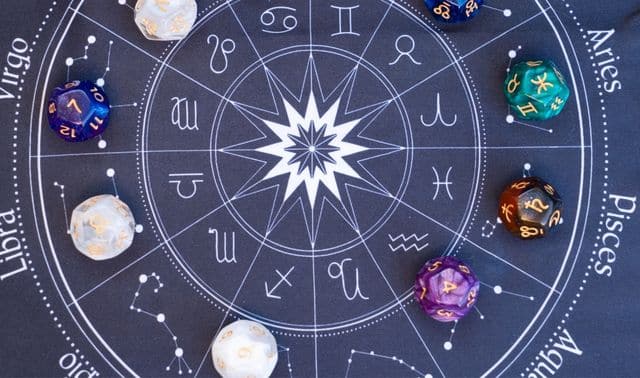Astrology, an ancient and captivating art, has intrigued humanity for centuries. Rooted in the belief that celestial bodies influence human affairs and natural phenomena, astrology readings offers a unique lens through which individuals seek to understand themselves, their relationships, and the world around them. While opinions on its validity vary, there’s no denying the enduring fascination and cultural significance that astrology continues to hold in our modern world.
1. A Glimpse into History: Astrology’s origins can be traced back to civilizations like the Babylonians, Egyptians, and Greeks. These ancient cultures observed patterns in the movements of the stars and planets and correlated them with events on Earth. Over time, astrology evolved into a complex system that categorizes individuals into zodiac signs based on their birth dates and assigns them distinctive personality traits and life paths.
2. The Zodiac and Personal Traits: The zodiac, a circle of twelve constellations, forms the basis of astrology. Each sign is associated with specific attributes and characteristics, offering insights into an individual’s personality, strengths, and potential challenges. While skeptics question the scientific basis of these correlations, many people find comfort and self-awareness in the descriptions provided by their zodiac sign.
3. Relationships and Compatibility: Astrology also delves into the realm of relationships, offering compatibility analyses between different zodiac signs. It suggests that certain signs align more harmoniously with others, fostering understanding and communication. Whether used for romantic partnerships, friendships, or professional collaborations, these insights can serve as a starting point for deeper connections.
4. Timing and Life Phases: Another facet of astrology is its focus on timing and life cycles. Astrologers believe that the positions of celestial bodies at the time of a person’s birth can provide clues about important life events and transitions. This has led to the practice of creating birth charts, complex diagrams that map out the positions of planets and their interactions. These charts are consulted to gain insights into one’s potential life path and significant life events.
5. Controversies and Skepticism: While astrology holds immense appeal for many, it is not without its skeptics. Critics argue that the correlations drawn between celestial positions and human affairs lack empirical evidence and scientific backing. They view astrology as pseudoscience, emphasizing the need for robust empirical research to validate its claims. The lack of consistent predictions and the wide range of interpretations have also contributed to skepticism.


